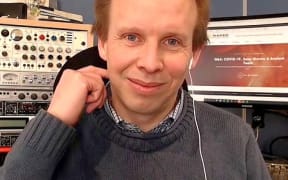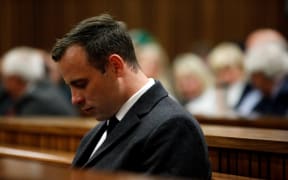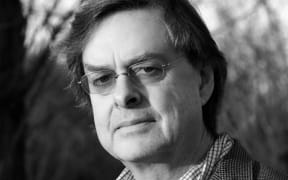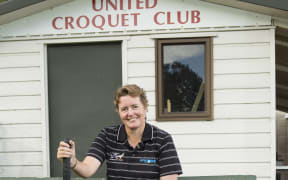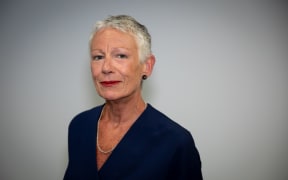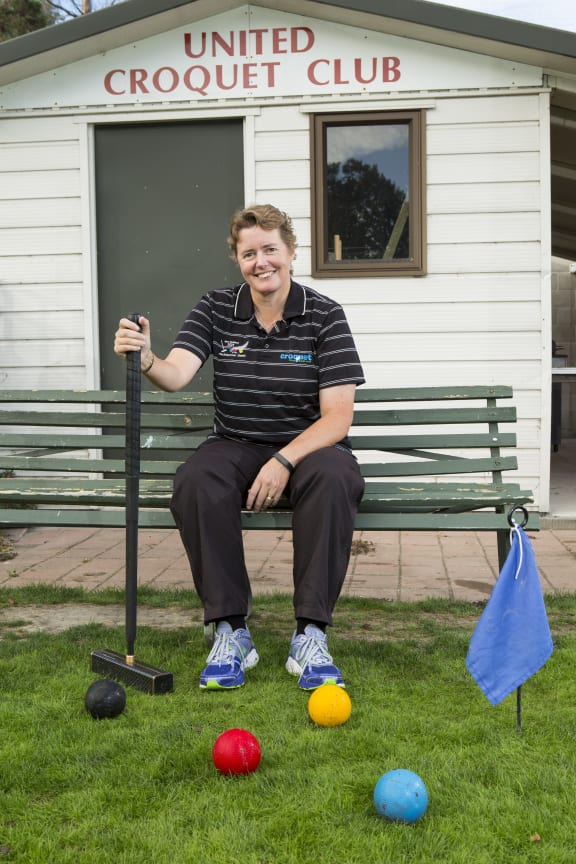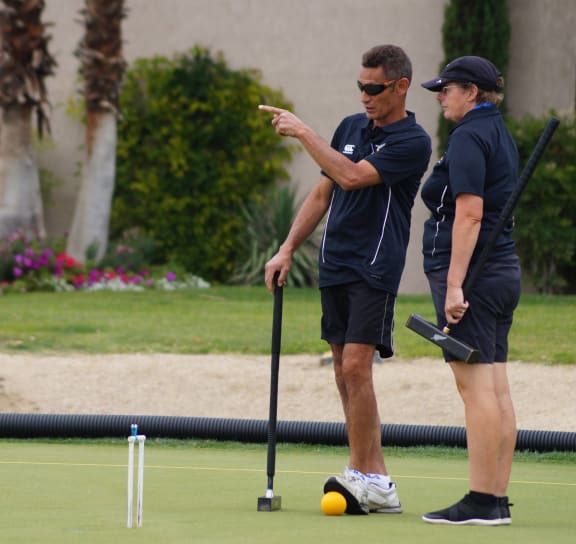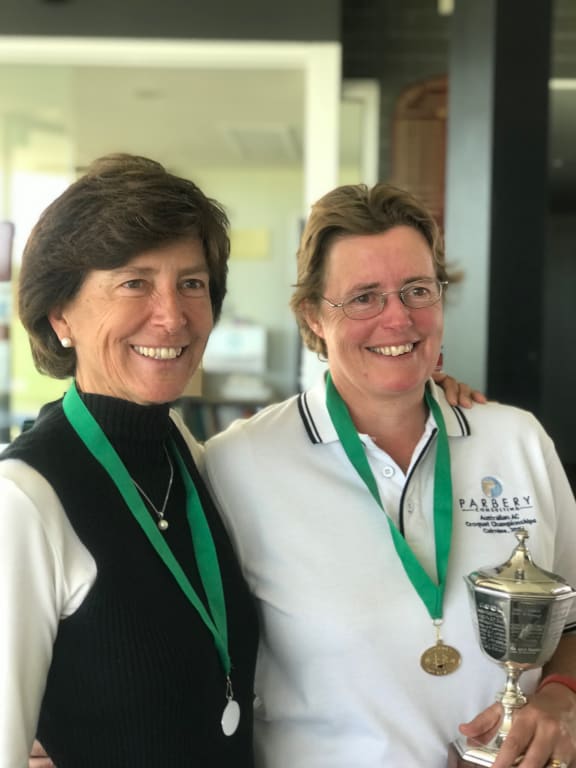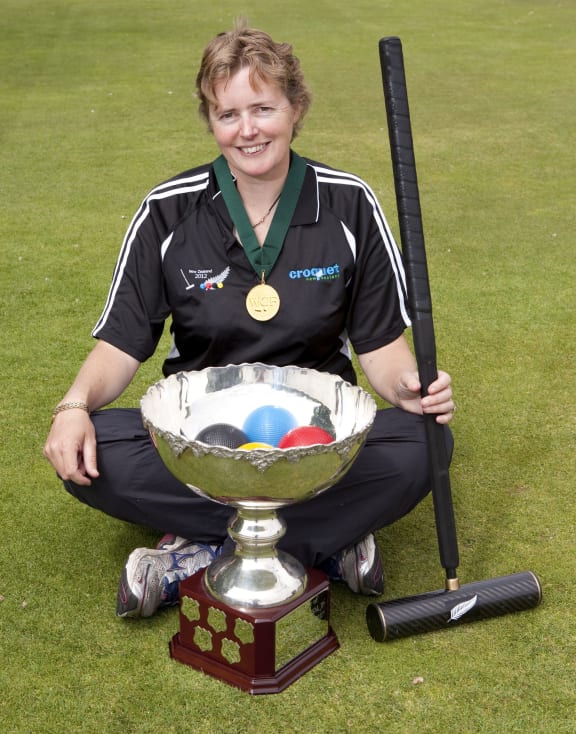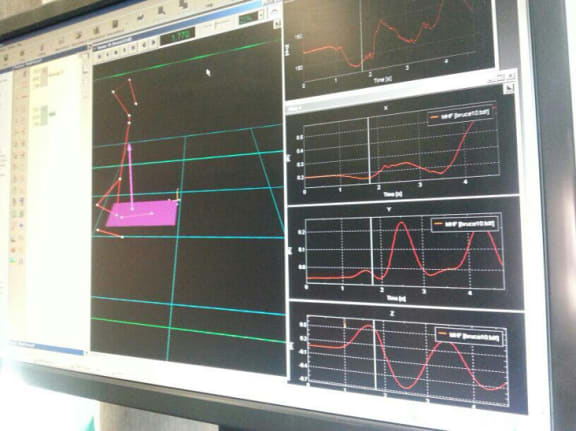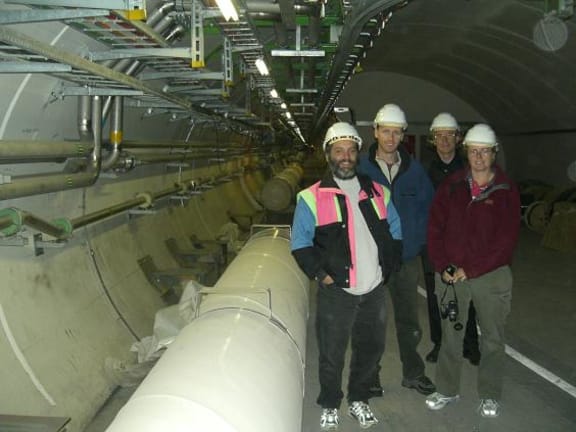Saturday Morning for Saturday 18 September 2021
8.10 Chris Smith: are vaccine passports a good idea and should we have a booster?
Our regular commentator, Cambridge University consultant clinical virologist Dr Chris Smith joins us with the latest Covid-19 science, and to answer your questions.
Also this week: the UK government has scrapped plans to introduce vaccine passports for access into nightclubs and large events. They have also announced that they will be offering Covid booster jabs to 30 million people from next week, saying boosters should be given at least six months after the second dose. Meanwhile the US is intending to roll out top-up shots from around eight months after second dose – should we embrace a booster?
Send your questions for Dr Chris Smith to saturday@rnz.co.nz or text 2101.
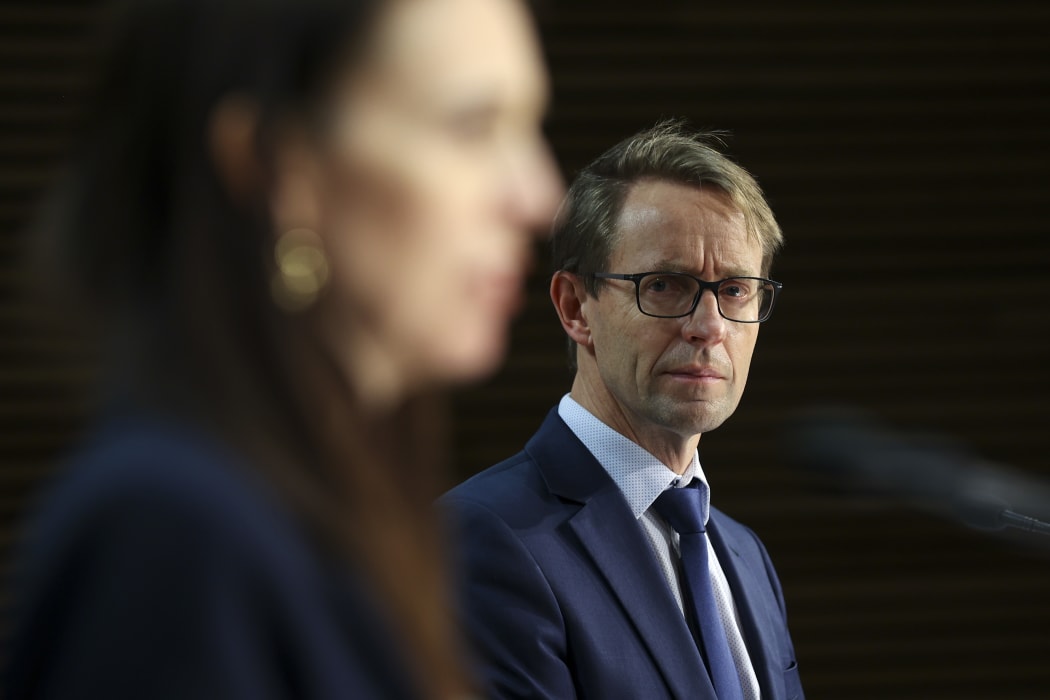
Director-General of Health Ashley Bloomfield said this week he'd like to see a vaccination rate of 90 percent or more among eligible New Zealanders. Photo: Hagen Hopkins - Pool/Getty Images
8.35 Tim Rohan: the rise and fall of Oscar Pistorius examined in new podcast
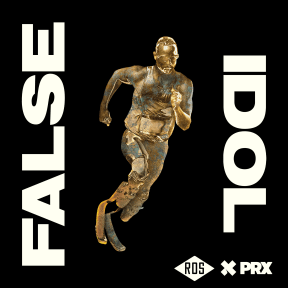
Photo: Supplied
When South African double-amputee Oscar Pistorius showed up on the sprint scene in the early 2000s he immediately began dominating the sport. Running on carbon fiber legs - which some claimed gave him an unfair advantage - Pistorius won medals, broke world records, and signed endorsement deals. In 2012, he made history as the first amputee sprinter to compete at the Olympic Games. Six months later, he shot and killed his girlfriend Reeva Steenkamp.
In new podcast, False Idol, sports journalist Tim Rohan takes a microscope to the rise and fall of Pistorious, looking at the people whose lives he impacted along the way, while also bringing attention to the life of Steenkamp, a model, television presenter, and paralegal.
Tim Rohan is a senior reporter for Religion of Sports, and has previously written for The New York Times and Sports Illustrated.
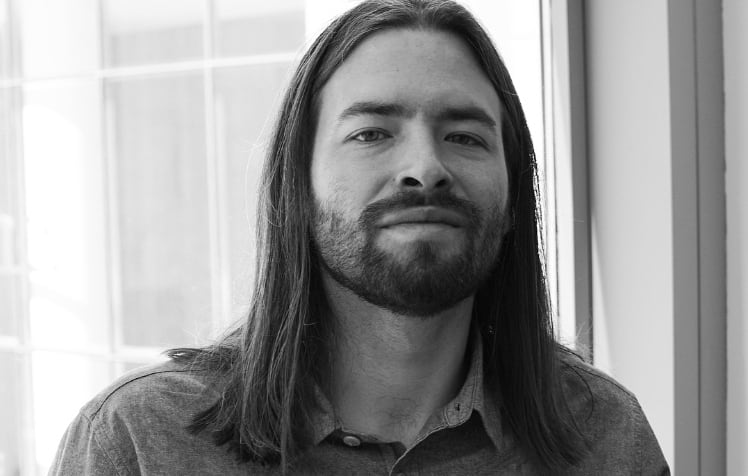
Photo: Religion of Sports
9.05 Andrew Cockburn: how the American war machine is all about money
In his book The Spoils of War: Power, Profit and the American War Machine British journalist and Washington editor for Harpers magazine Andrew Cockburn gets behind the motivations behind the America military being stationed in more than 800 locations worldwide. From the end of the Cold War in the 1980s to Afghanistan today, the answer, he writes, is not upholding democracy, but money. The self interest of those who control the war machine.
A veteran writer and documentary maker, Cockburn’s works include The Threat: Inside the Soviet Military Machine and Rumsfeld: His Rise, Fall, and Catastrophic Legacy, and a 1991 documentary on the after-effects of the first Gulf War, The War We Left Behind. In 1987 he co-produced the thriller The Peacemaker, starring George Clooney and Nicole Kidman.
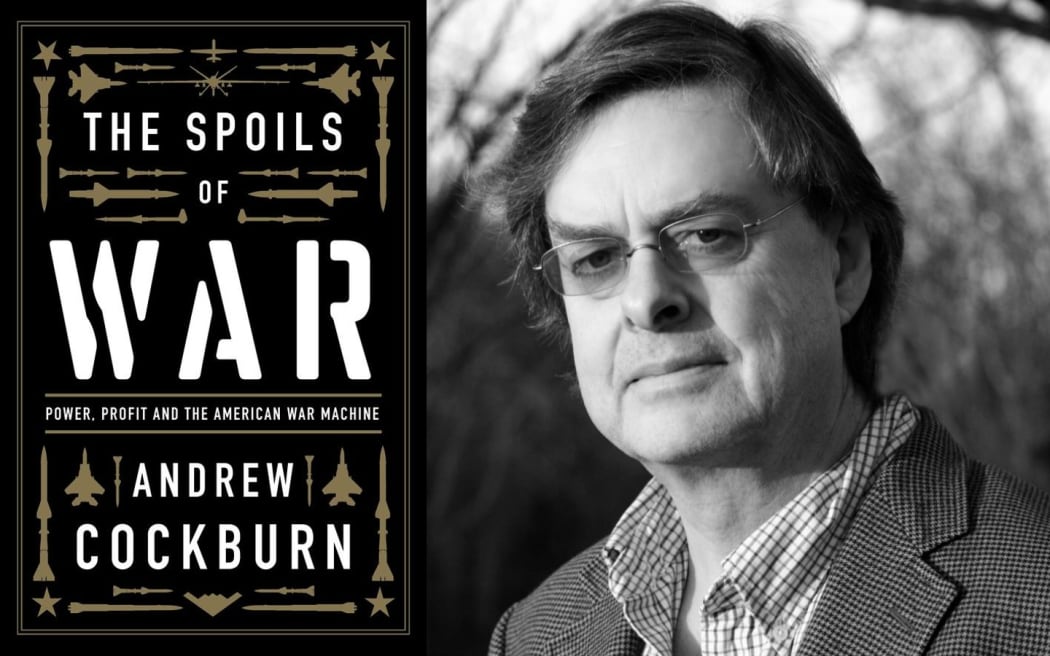
Photo: Supplied
9.35 Dr Jenny Clarke: croquet and the Large Hadron Collider
Christchurch’s Jenny Clarke has been ranked the number one women’s croquet player in the world for most of the last 15 years. Dr Clarke is a senior lecturer in sports science at the University of Canterbury, where her work has included ground-breaking research using motion capture technology to assess wrist injury risk in the croquet swing,
Dr Clarke started playing croquet as a hobby whilst studying for a PhD in physics at Oxford University. After completing her studies, she went on to work as a scientist on the team searching for the ‘God particle’ at the CERN Large Hadron Collider in Geneva between 2005-2008. Dr Clarke took a New Zealand delegation of physicists to CERN in 2007, and while there won the croquet Swiss Open.
She also worked with a group of the world's top croquet players to write the sequel to the ‘bible of croquet coaching’, Expert Croquet Tactics in 2019.
no caption
10.05 Playing Favourites with Wellington musician Luke Buda
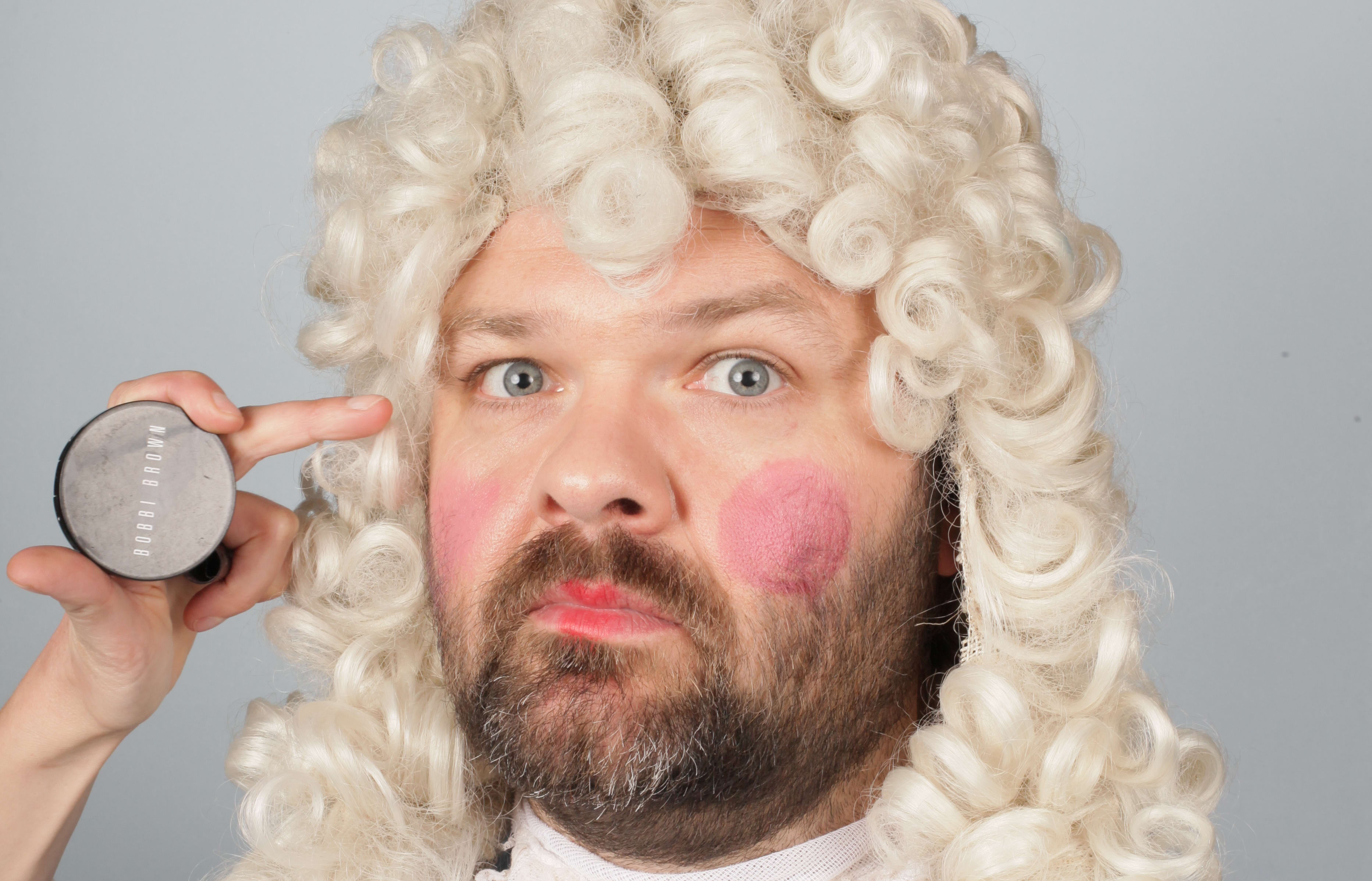
Photo: Doug Johns
It’s been a long time between drinks, but Te Whanganui-a-Tara artist Luke Buda is gearing up to release his first solo album in 12 years. Best known as a member of psych-pop band The Phoenix Foundation, Luke pulls threads of sonic inspiration from the 60s, 70s and 80s for his new record, while lyrically walking the line between zen contemplation and wry humour.
Despite being billed as a solo album, BUDA employs a range of collaborators including Don McGlashan, Riki Gooch, Joe Lindsay and Toby Laing (Fat Freddy’s Drop), and Anita Clarke (Motte), and several of the songs have words supplied by New Zealand novelist Damien Wilkins. Luke joins the show to play a few favourites and discuss the new album ahead of its release and his nationwide tour kicking off next month.
11.05 Michael Blencowe: searching for the world's extinct species
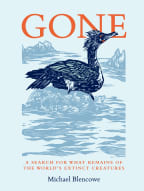
Photo: Supplied
As a boy Michael Blencowe loved reading true stories of rugged explorers who sailed to faraway islands to discover strange and mysterious creatures. It was through those tales of adventure that Blencowe learned about the animals the world has lost, thus sparking his appreciation for conservation.
While researching for his new book, Gone, the Sussex-based naturalist decided to embark on his own adventure to distant lands - his journey taking him around the globe in search for what remains of the world's extinct creatures. Through the book’s chapters, Blencowe tells the intriguing stories of lost fauna like Steller’s sea cow, Xerces blue butterfly, and New Zealand’s own huia - all while gently underscoring what else we risk losing if we don’t take more care.
There is currently a search on for the South Island Kōkako which the South Island Kōkako Charitable Trust, among others, believe to not be extinct.
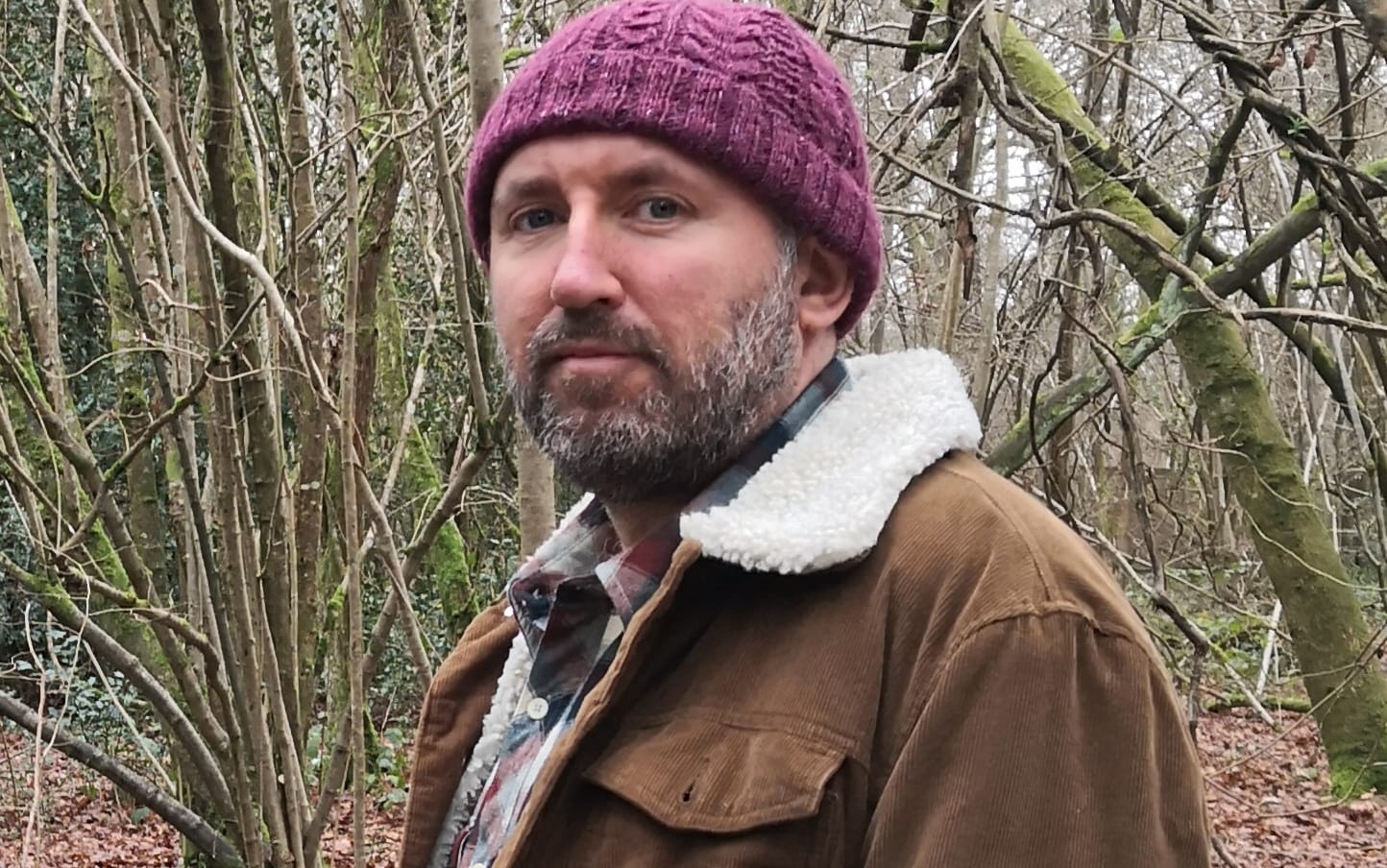
Photo: Supplied
11.35 Tanea Heke: Cousins star ushering in a new wave of storytellers
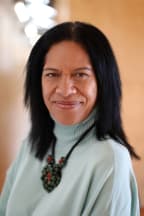
Photo: Sean Coyle
It’s been a big year for actor Tanea Heke with roles in critically acclaimed feature films Cousins and The Justice of Bunny King. On top of that, Heke also appears in He Takatāpui Ahau - a short film that centres on the experience of a young non-binary person returning to their marae despite the homophobia and transphobia they've witnessed in the past. Released this week, He Takatāpui Ahau is part of the latest series of Outlook for Someday films created by up-and-coming filmmakers.
The project ties in with Tanea’s biggest role currently - nurturing our future film and theatremakers as director of Toi Whakaari New Zealand Drama School. Her mission is to diversify the talent in the industry and the type of stories being told about Māori and Pasifika. And with seven of the top 10 films of all time at the New Zealand box office being Māori - it seems there’s a real appetite for indigenous storytelling.
Books mentioned in this show:
The Spoils of War: Power, Profit and the American War Machine
By Andrew Cockburn
ISBN: 1839763655
Publisher: Verso Books
Beyond Expert Croquet Tactics
By Keith Aiton, Reg Bamford, Paddy Chapman, Chris and Jenny Clarke, Martin French, Robert Fulford, David Maugham, Stephen Mulliner, David Openshaw, William Ormerod, Samir Patel, Pete Trimmer and Chris Williams
ISBN: 978-0-902758-10-0
Publisher: The Croquet Association (UK)
Gone: A Search For What Remains Of The World's Extinct Creatures
By Michael Blencowe
ISBN13: 9780711256750
Publisher: The Ivy Press
Music featured on this show:
Here Comes the Wind
Luke Buda
Played at 10.05am
Rydeen
Yellow Magic Orchestra
Played at 10.20am
Sexy Boy
Air
Played at 10.40am
Dragonball Durag
Thundercat
Played at 10.50am
Too Many Birds
Bill Callahan
Played at 11.05am
